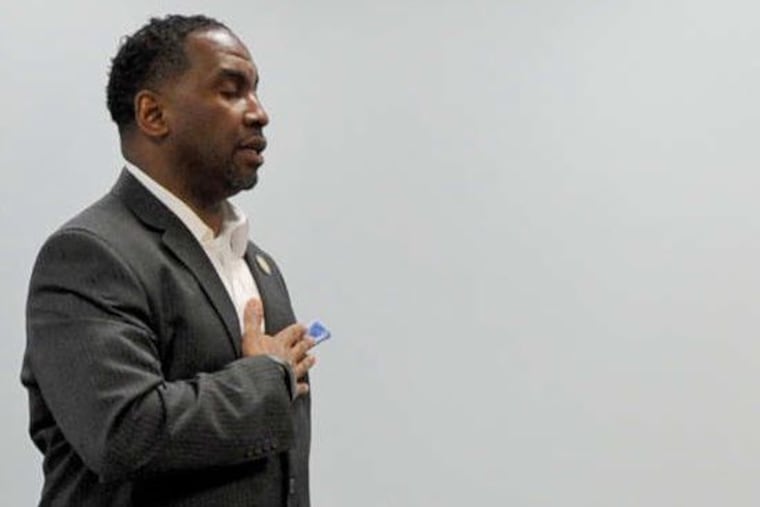Black smoke signals continued impasse as cardinals reject first ballot in papal election.

In the heart of Vatican City, tens of thousands gathered in St. Peter’s Square on Wednesday to witness a pivotal moment in the Roman Catholic Church’s history: the election of a new pope. The atmosphere was charged with anticipation as smoke billowed from the Sistine Chapel’s chimney, signaling the outcome of the first conclave vote. Unfortunately, the thick black smoke that emerged indicated that the cardinals had not yet reached a decision, reaffirming a tradition where initial votes often serve as a barometer for potential support among the electorate.
This unique gathering involved 133 cardinals from approximately 70 nations, called back to Rome after the passing of Pope Francis on April 21. The late pontiff’s 12-year tenure was marked by progressive changes within the Church, seeking to engage a diverse global community. Upon entering the Sistine Chapel, the cardinals surrendered their mobile devices, as the Vatican closed communications to ensure a focused and undisturbed electoral process.
Wednesday’s events included a solemn procession aired on large screens outside St. Peter’s Basilica, allowing many in attendance to experience the momentous occasion. For tourists like Catriona Hawe from Ireland, the chance to witness this historic moment was deeply significant. Hawe expressed her admiration for Pope Francis, noting that while progressive, there was a desire for swifter change within the Church.
As the cardinals prepared to reconvene for a second vote scheduled for Thursday, a broad spectrum of opinions emerged regarding potential candidates. With no definitive frontrunner, discussions ranged from Italian Cardinal Pierbattista Pizzaballa to Hungary’s Peter Erdö and Sri Lanka’s Malcolm Ranjith. The upcoming papal selection has particular weight, as it must address pressing challenges facing the Church, including dwindling numbers of priests, the need for gender equity, and modernizing the Church’s outreach in a rapidly changing world.
Compounding the task, the incoming pope will need to navigate complex geopolitical issues, ensuring the Church remains a beacon of unity and hope amid divisions both globally and institutionally. The importance of this conclave transcends mere election; it encapsulates the hopes and aspirations of millions of faithful across diverse cultures and backgrounds.
The Vatican’s conclave represents not only a significant transition for the Catholic Church but also an opportunity for renewed dialogue and engagement with an evolving global community. The world now waits with bated breath for the outcome of this historic electoral process, reflecting the continuity and resilience of a faith that has withstood the test of time.
#CultureNews #WorldNews






